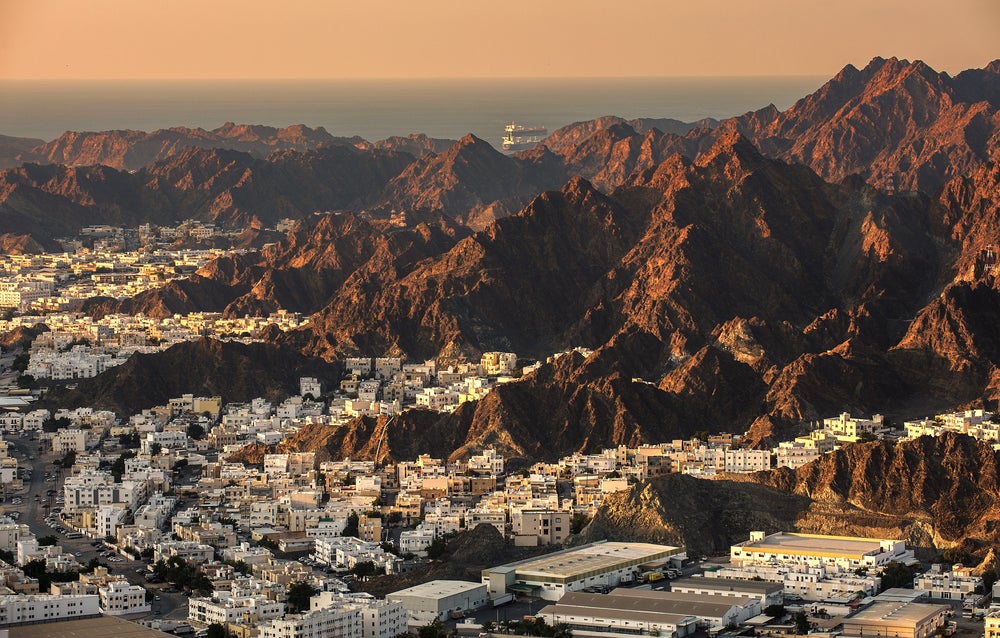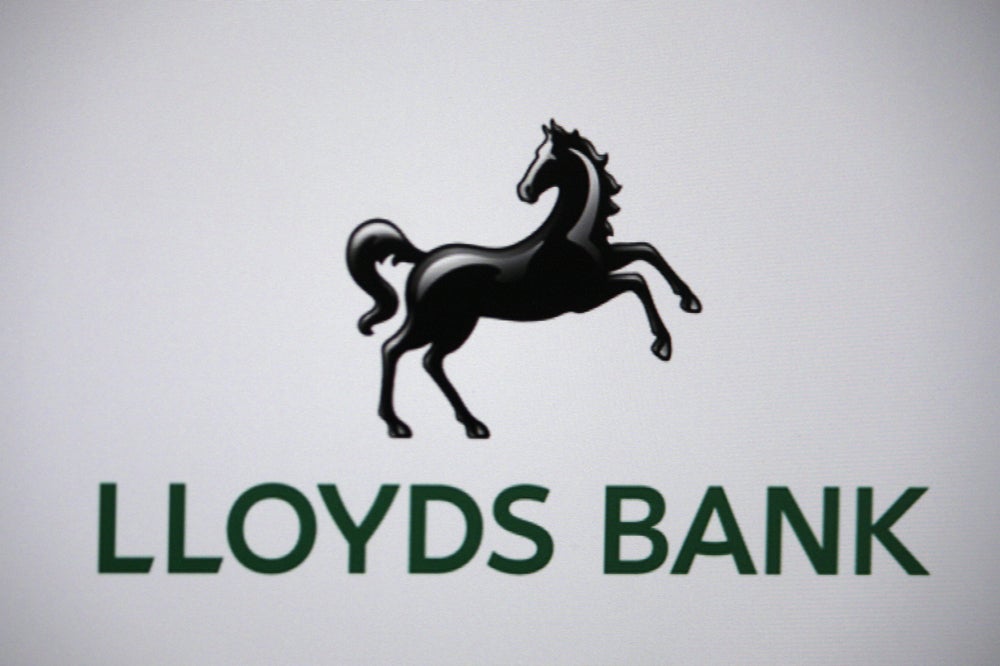
Never has wealth management in the Middle East been more urgent. Oliver Williams looks at the future of private banking in the Middle East
Decades of guaranteed oil income have been steadily stiffened since crude’s collapse in 2014. That has forced the minds of minted millionaires and their rulers to think about wealth preservation rather than wealth wittering. And that has been no easy task.
A corruption purge in Saudi Arabia, the GCC’s kafuffle over Qatar and a widening geopolitical Gulf through the Straits of Hormuz have made managing wealth in the Middle East much harder.
This changing political dynamic is forcing the risk averse to renew their efforts to get out: Citizenships in the Caribbean and Europe are in hot demand among HNWIs in Turkey, Iran and Saudi Arabia. The richest are going to the UK and US has they always have done, only in greater numbers than previously. But now a whole new citizenship market is making the lesser-wealthy think about their options. Citizenships are now cheaper than ever before. You can even buy a house in Dubai’s exclusive ‘Heart of Europe’ and developers will throw in a Moldovan passport for free.
But those leaving are being quickly replaced. Capgemini called the Middle East the “lone bright spot in 2018” after the number of HNWIs grew against global declines. This was recently backed up by a Wealth-X report, which estimated the number of UHNWIs in the region grew 6.8% last year, ahead of any other region.
Driving this growth is a new breed of HNWI. Entrepreneurism has become fashionable among younger citizens, of which there are disproportionately many, especially in Saudi Arabia. Wealth is also rising among women: as much as 40% of wealth in the region is held by females according to some estimates.
How well do you really know your competitors?
Access the most comprehensive Company Profiles on the market, powered by GlobalData. Save hours of research. Gain competitive edge.

Thank you!
Your download email will arrive shortly
Not ready to buy yet? Download a free sample
We are confident about the unique quality of our Company Profiles. However, we want you to make the most beneficial decision for your business, so we offer a free sample that you can download by submitting the below form
By GlobalDataThese individuals require a different type of wealth manager, one who understands how to nurture a business than manage easy oil incomes. Six of these have been profiled in PBI’s latest edition.
Meanwhile, for those who look, these same shifting sands are exposing new opportunities for the Middle East investor. Lebanon, Oman and Kuwait and others all offer much for the eagle-eyed.
To add to the excitement, many of the Gulf’s grandest plans are now afoot. NEOM, Vision 2035, Tanfeedh are all names behind huge construction projects and legal enclaves meant to entice businesses and businesspeople to parts of the region which are currently still desert.
These grand projects symbolise something much larger, however. The Middle East is currently attempting the largest economic overhaul in its history: The pivot away from oil.
This will create winners and losers in monarchs, HNWIs, as well as the wider populous who are already growing distrustful of their leaders.
Wealth managers in the Middle East therefore have an urgent and hard task ahead of them. Small wonder, therefore, their western counterparts still manage to successfully court Middle Eastern HNWIs.







